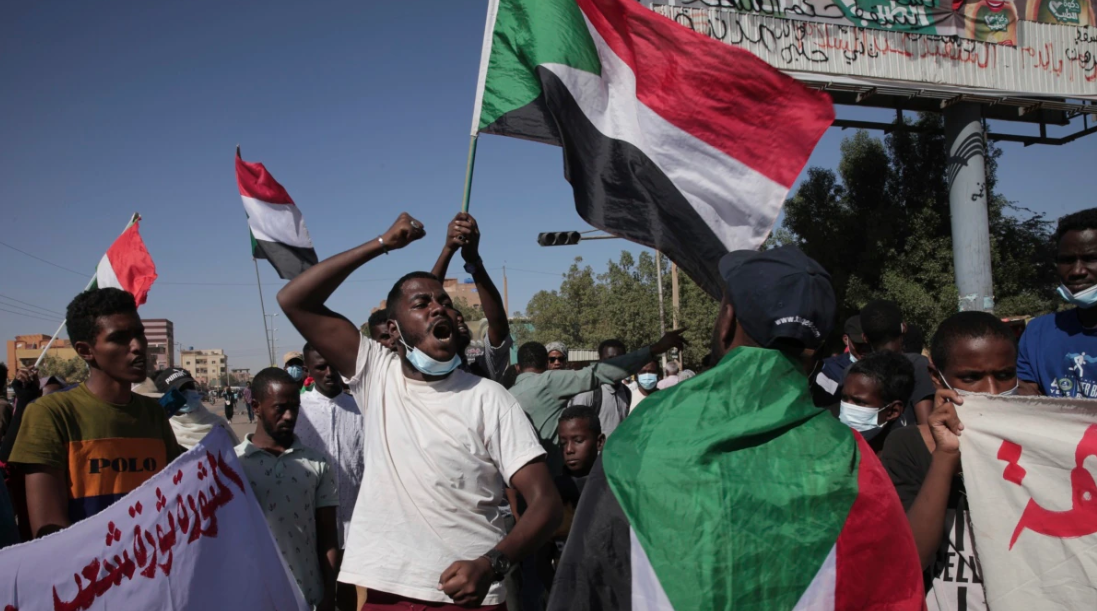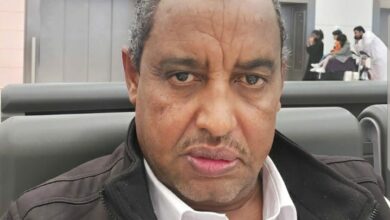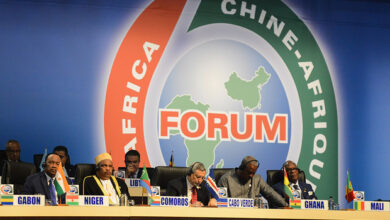
Remarks on the Sudanese Political Process (6)

Dr. Elshafie Khidir Saeid
In our previous writings, we indicated that the history of the political dialogue in Sudan is a history of failure and aggravation of the situation instead of leading to the resolution of the crisis. Why always this failure and how to avoid it? What are the main challenges that will face any political process in Sudan to the extent of bringing its failure? I think the answers to these two questions can be derived from the experiences that Sudan had witnessed, and we can summarize them in the following points:-
First, one of the direct reasons for the failure of any political process and any dialogue is the lack of seriousness, and if this or that party to the dialogue is dealing with the mechanism as a mere tactical maneuver to achieve the goals that satisfy its own interest. For example, in many cases, the ruling regimes deal with the political dialogue and negotiation to gain more time to continue staying in power and to disperse and fragment the opposition forces. The political experiences in Sudan and many other countries show that if the agendas of the political process are reduced to the issue of the power-sharing, then the rest of the issues, which constitute the core of the crisis, will turn into secondary annexes and often fall and fail with it the entire political process. In this case, the crisis will not only continue, rather, but it also gets worse.
Secondly, many processes of political dialogue and negotiation do not take into account the previous similar processes, so each new process starts from scratch or square one, while the logical and useful approach that goes in line with the scientific method, will stress that we should drive lessons from the previous political processes before entering into any new one. This is very important regardless of the outcomes of those previous processes, especially if those outcomes did not meet the desired ends of the parties and hence a reason to study the reasons behind that failure.
In the same context, it is useful, and even necessary, in every new political process, dialogue or negotiation; to consider and to put on the table of the new process the documents and agreements reached by the previous dialogue and negotiation processes. In this regard, the Sudanese political library is stocked with many of these important documents such as the documents of: the National Democratic Alliance Conference on Fundamental Issues, Asmara (June 1995), the Comprehensive Peace Agreement, Naivasha (January 2005), the Cairo Agreement (June 2005), the Abuja Agreement for Peace in Darfur (May 2006), the Eastern Sudan Agreement, Asmara (October 2006), the Darfur Doha Agreement (July 2011), the Civil Society Initiatives on Constitution-Making, Khartoum (December 2011), the New Dawn Charter, Kampala (January 2013), the Declaration of the Citizenship State and Democracy, Addis Ababa (December 2014), the Constitutional Declaration of the Sudan Call, Paris (March 2018), the Juba Peace Agreement (October 2020), and the Declaration of Principles signed between Al-Burhan and Al-Hilou, Juba (March 2021).
Third, the parties to the political process should have a clear vision of how to resolve the root causes of the crisis, otherwise, the political process will be doomed to stumble.
Fourthly, the parties should engage in the political process with a strong political will based on a willingness to make concessions and to accept the principles and rules of historical compromises. Otherwise, the failure of the process is imminent. As we have been repeatedly saying, in light of these historical concessions, there is no loser, while the biggest winner will be the country and its people.




